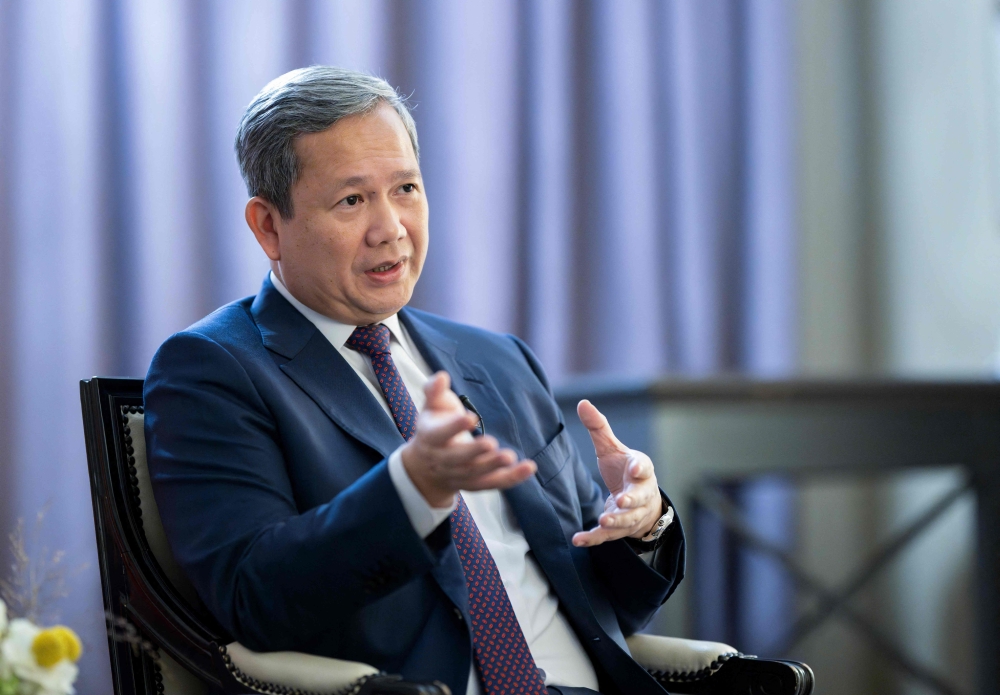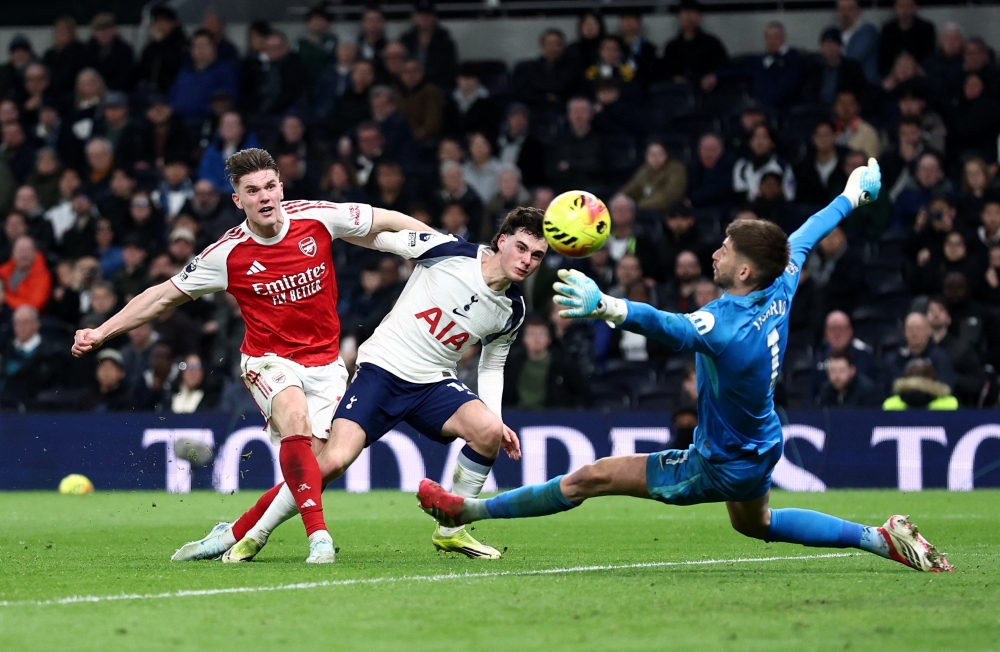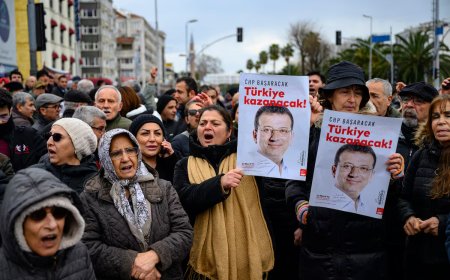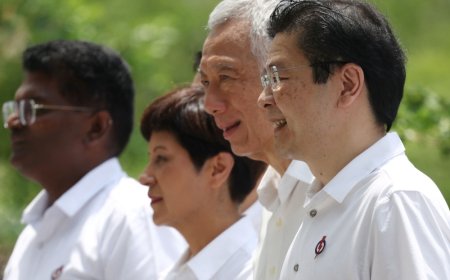France’s PM resigns after 27 days
Lecornu’s sudden departure worsens his country’s political deadlock and could lead to snap elections

France’s prime minister Sébastien Lecornu handed his resignation to Emmanuel Macron on Monday after just 27 days in the role.
His announcement came hours after unveiling his cabinet, plunging the country into fresh political chaos and leaving it without a budget.
Mr Macron accepted the resignation of his seventh prime minister on Monday morning, making Mr Lecornu, 39, the shortest-lived government chief in modern French political history.
French politics has been in disarray since Mr Macron’s ill-advised gamble to call a snap poll last year, which ended in a hung parliament.
Pressure is now mounting on the 47-year-old centrist president to call fresh snap elections or step down two years before the end of his second five-year term.
Appointed last month, Mr Lecornu had faced the formidable task of cobbling together a consensus in a deeply divided parliament for an austerity budget for next year.
Two immediate predecessors, Francois Bayrou and Michel Barnier, were ousted by the National Assembly over plans for a cost-cutting budget.
But the largely unchanged cabinet he unveiled late on Sunday sparked fierce criticism across the political spectrum, notably the return to the cabinet of Bruno Lemaire, Mr Macron’s long-running finance minister, who rivals dub “the man who bankrupted France”.
France’s debt-to-GDP ratio is now the European Union’s third-highest after Greece and Italy, and is close to twice the 60 per cent permitted under EU rules. Meanwhile, its deficit is heading for 5.4 per cent of GDP this year.
Mr Lecornu had sought to gain the support of the Socialist Party, whose 60 seats would have given the prime minister’s centre-right government a majority to push through legislation.
Concessions included a pledge not to circumvent parliament via a “nuclear” clause that his predecessors had used to push through legislation, as well as some kind of new wealth tax. However, the Socialists said they would only support him if he considered reversing Mr Macron’s flagship pension reform, which he refused.
Meanwhile, the Right-wing Republicans, whose leader Bruno Retailleau was due to remain interior minister in the new government, threatened to walk out of it as he felt his party didn’t have enough posts.
“The conditions were no longer in place for me to carry out my duties,” said Mr Lecornu during a speech at Hotel Matignon, the French prime ministerial residence.
His attempts to “revive joint decision-making” and “build a joint roadmap” had foundered, he conceded, accusing opposition groups of failing to “put our country before our party”.
His pledge not to circumvent parliament over legislation meant “there was no longer any excuse for parliamentarians to refuse to do their job”, he said.
But parties had failed to rise to the challenge, he said, and had continued to act “as if they all had an absolute majority in the National Assembly”.
Socialist leader Olivier Faure hailed Mr Lecornu’s resignation as an act of “dignity and honour”, proving he was a true “Gaullist”.
But the response was damning from Marine Le Pen’s hard-Right National Rally, which is polling well, should Mr Macron call fresh elections.
Resignation would be “wise,” but fresh legislative elections were “unavoidable,” said Ms Le Pen.
On the opposite end of the political spectrum, Leftist figurehead Jean-Luc Mélenchon and his France Unbowed party, LFI, called on Mr Macron to “leave”.
On the Right, David Lisnard, Republicans (LR) mayor of Cannes, said:” It is in France’s interest that Emmanuel Macron plans his resignation, to preserve the institutions and break the deadlock that has been inevitable since the absurd dissolution.”
“He is primarily responsible for this situation (...). The Fifth Republic and the future of our country are at stake.”
Xavier Bertrand, LR head of the Hauts-de-France region, urged Mr Macron to address the nation.
As he was “determined to see out his term of office, he must urgently resume his role as president of our country,” said Mr Bertrand. “He must speak in the coming hours.”
Sébastien Chenu, vice president of the National Assembly, called for Mr Macron’s resignation or the dissolution of the National Assembly.
Writing on social media, he said: “A state in crisis, successive governments, paralysed institutions, and the French abandoned. The disorder must stop.”
France has a semi-presidential system, meaning power is shared between the president and his prime minister.
The prime minister is appointed by the president, and must be politically viable, meaning they must be able to form a government that can survive a vote of confidence in the National Assembly.
Once appointed, the prime minister proposes a list of cabinet ministers, which is approved by the president.
[Source: Daily Telegraph]






















































